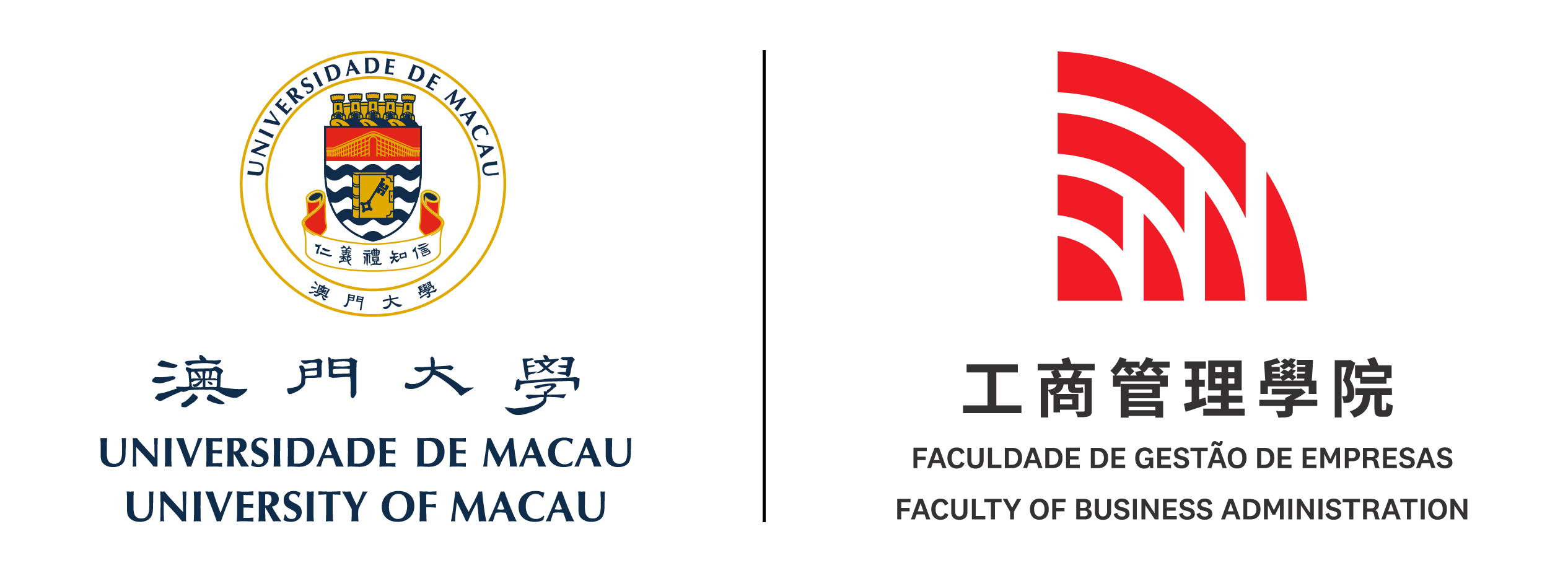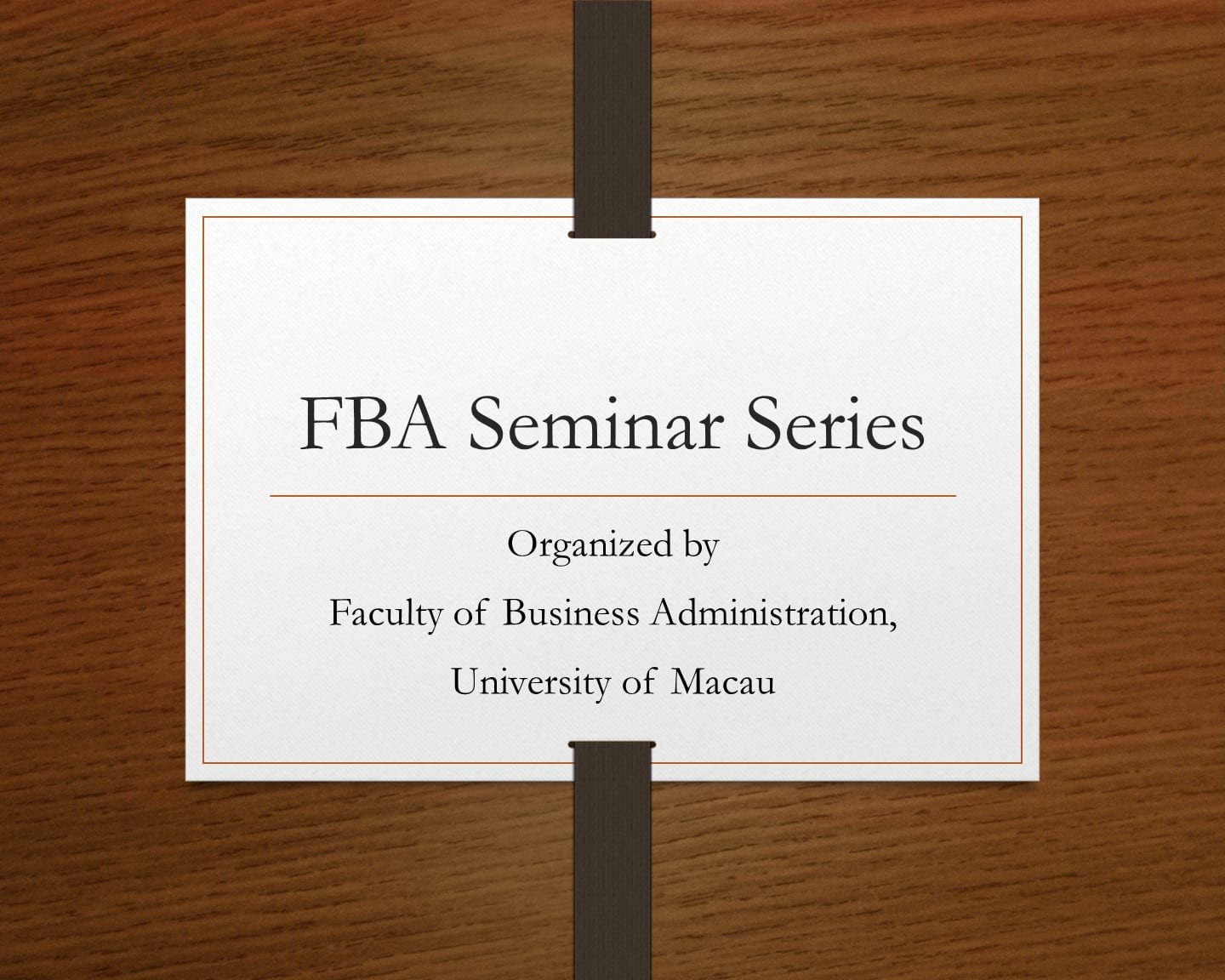Faculty of Business Administration
SEMINAR SERIES
DRTM
Neural Mechanism of Self-enhancement and Prosocial Behavior
Prof. Wah Sung Vincent MAK
Reader (Associate Professor) in Marketing & Decision Sciences
Cambridge Judge Business School
University of Cambridge
Abstract
Through a series of experiments in several countries, we show that reciprocity is significantly weakened if commitment on the level of reciprocation is made before (vs. after) an offered benefit is received. This effect holds even when there is minimal uncertainty regarding the value and delivery of the benefit. In two field experiments and a laboratory experiment, pay-what-you-want amounts decreased when consumers committed on their payments before (vs. after) receiving a range of benefits. In addition, two online trust-game experiments showed that a framing manipulation can mitigate the effect; they also provided evidence for a psychological mechanism that is related to biased information processing. Our work uncovers important insights into the psychology of reciprocity, and has implications for social-exchange-based businesses including non-profits and social enterprises.
Date: 8 April, 2019 (Monday)
Time: 16:30~18:00
Venue: Faculty of Business Administration, E22-3011
A Short Biography of Prof. Wah Sung Vincent MAK
Vincent Mak is a Reader (Associate Professor) in Marketing & Decision Sciences at Cambridge Judge Business School, University of Cambridge. He was a Visiting Assistant Professor at the Hong Kong University of Science and Technology – from where he obtained his PhD – prior to joining the Judge. Vincent’s research lies in how consumers and firms make strategic decisions as they interact with each other, and what economic and psychological factors influence those decisions. His research interests cover pricing, prosocial behavior, search behavior, decisions in networks and queues, and decisions in competitive environments. His work has appeared in major academic journals in business research, economics, and psychology, including PNAS, Management Science, Psychological Science, Organizational Behavior and Human Decision Processes, Manufacturing and Service Operations Management, Games and Economic Behavior, and Production and Operations Management.
ALL ARE WELCOME!


